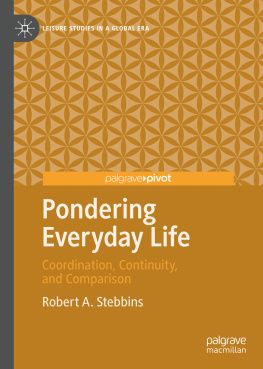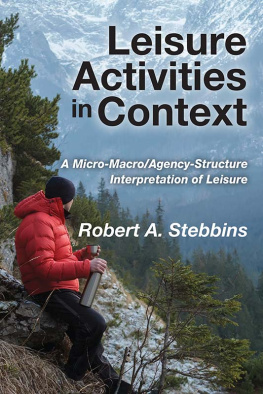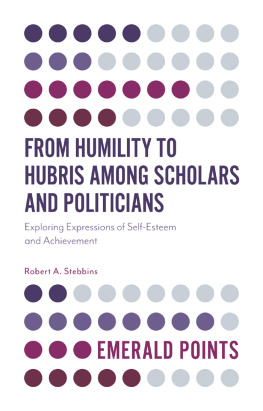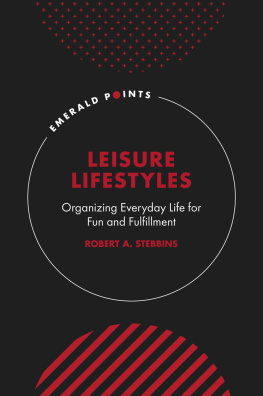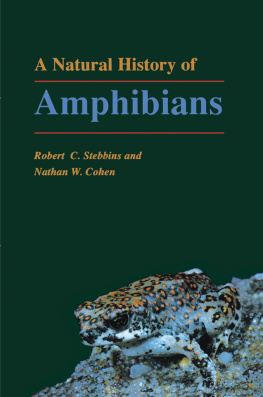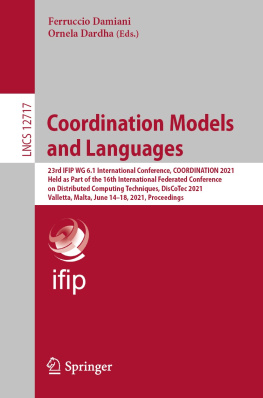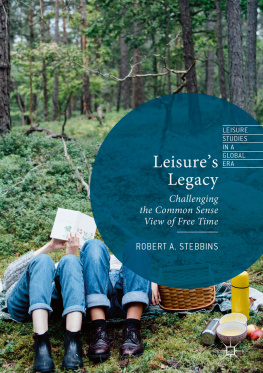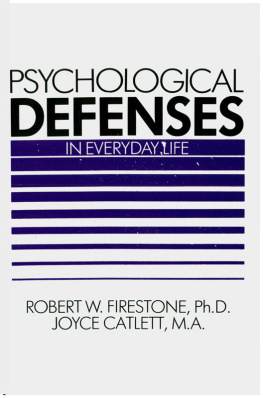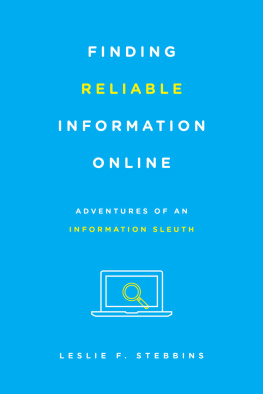Robert A. Stebbins - Pondering Everyday Life: Coordination, Continuity, and Comparison
Here you can read online Robert A. Stebbins - Pondering Everyday Life: Coordination, Continuity, and Comparison full text of the book (entire story) in english for free. Download pdf and epub, get meaning, cover and reviews about this ebook. year: 2020, publisher: Palgrave Macmillan, genre: Romance novel. Description of the work, (preface) as well as reviews are available. Best literature library LitArk.com created for fans of good reading and offers a wide selection of genres:
Romance novel
Science fiction
Adventure
Detective
Science
History
Home and family
Prose
Art
Politics
Computer
Non-fiction
Religion
Business
Children
Humor
Choose a favorite category and find really read worthwhile books. Enjoy immersion in the world of imagination, feel the emotions of the characters or learn something new for yourself, make an fascinating discovery.
- Book:Pondering Everyday Life: Coordination, Continuity, and Comparison
- Author:
- Publisher:Palgrave Macmillan
- Genre:
- Year:2020
- Rating:4 / 5
- Favourites:Add to favourites
- Your mark:
- 80
- 1
- 2
- 3
- 4
- 5
Pondering Everyday Life: Coordination, Continuity, and Comparison: summary, description and annotation
We offer to read an annotation, description, summary or preface (depends on what the author of the book "Pondering Everyday Life: Coordination, Continuity, and Comparison" wrote himself). If you haven't found the necessary information about the book — write in the comments, we will try to find it.
Pondering Everyday Life: Coordination, Continuity, and Comparison — read online for free the complete book (whole text) full work
Below is the text of the book, divided by pages. System saving the place of the last page read, allows you to conveniently read the book "Pondering Everyday Life: Coordination, Continuity, and Comparison" online for free, without having to search again every time where you left off. Put a bookmark, and you can go to the page where you finished reading at any time.
Font size:
Interval:
Bookmark:
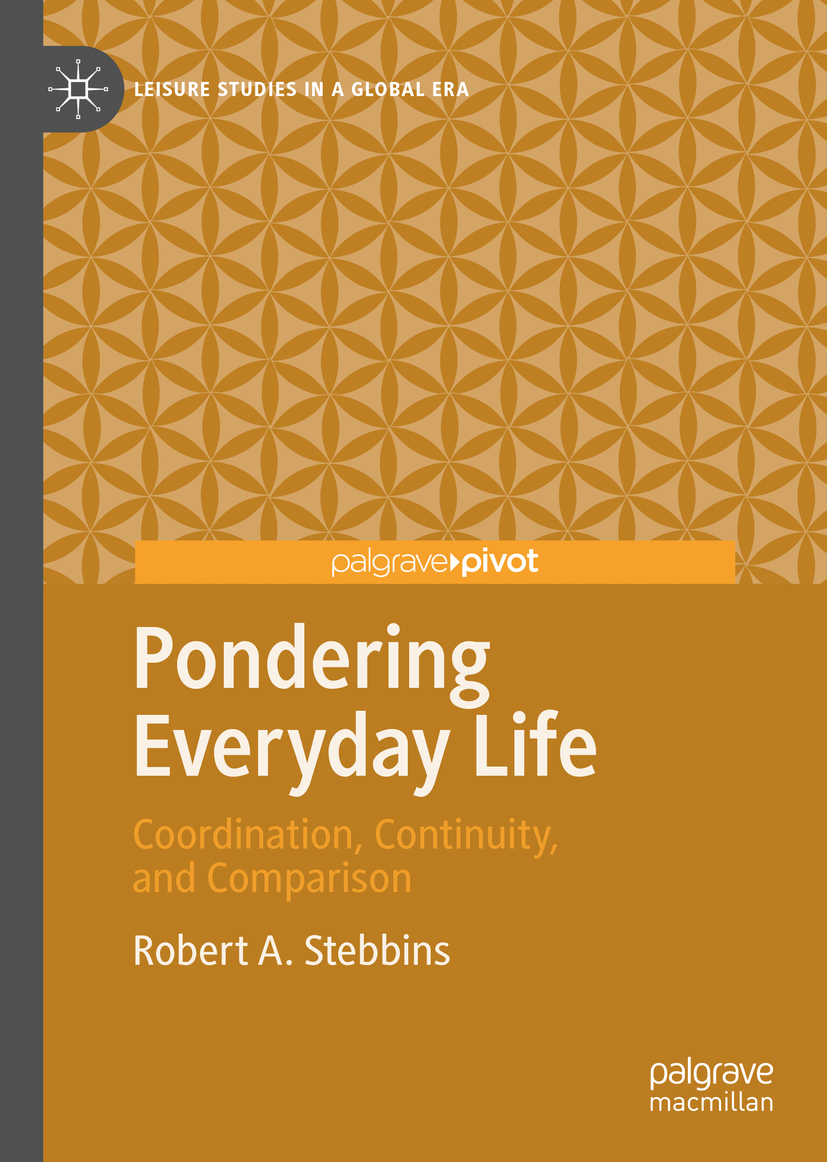
In this book series, we defend leisure as a meaningful, theoretical, framing concept; and critical studies of leisure as a worthwhile intellectual and pedagogical activity. This is what makes this book series distinctive: we want to enhance the discipline of leisure studies and open it up to a richer range of ideas; and, conversely, we want sociology, cultural geographies and other social sciences and humanities to open up to engaging with critical and rigorous arguments from leisure studies. Getting beyond concerns about the grand project of leisure, we will use the series to demonstrate that leisure theory is central to understanding wider debates about identity, postmodernity and globalisation in contemporary societies across the world. The series combines the search for local, qualitatively rich accounts of everyday leisure with the international reach of debates in politics, leisure and social and cultural theory. In doing this, we will show that critical studies of leisure can and should continue to play a central role in understanding society. The scope will be global, striving to be truly international and truly diverse in the range of authors and topics. Editorial Board: John Connell, Professor of Geography, University of Sydney, USA; Yoshitaka Mori, Associate Professor, Tokyo University of the Arts, Japan; Smitha Radhakrishnan, Assistant Professor, Wellesley College, USA; Diane M. Samdahl, Professor of Recreation and Leisure Studies, University of Georgia, USA; Chiung-Tzu Lucetta Tsai, Associate Professor, National Taipei University, Taiwan; Walter van Beek, Professor of Anthropology and Religion, Tilburg University, The Netherlands; Sharon D. Welch, Professor of Religion and Society, Meadville Theological School, Chicago, USA; Leslie Witz, Professor of History, University of the Western Cape, South Africa.
More information about this series at http://www.palgrave.com/gp/series/14823

Pattern Melisa Hasan
This Palgrave Pivot imprint is published by the registered company Springer Nature Switzerland AG.
The registered company address is: Gewerbestrasse 11, 6330 Cham, Switzerland
It is in everyday life that we see most clearly how work , leisure , and the non-work obligations are interrelated. We accomplish this by thinking about our involvements in the activities constituting these three as we go through life in them day by day. More precisely, it is an activity within an activity being undertaken in one of the three domains of life , namely, in work, leisure, or non-work obligation. In one sense work, leisure, and non-work obligationthe latter known in popular terms as chores occupy separate domains in the modern mind of much of the worlds population. In other words, most everywhere people understand these three concepts and know when they are functioning in one domain or another. This is the institutional or macro-level conception of work and leisure.
In a second sense, however, people interrelate these three on a personal level in myriad ways; they are discernible, even though we occasionally think about one or two of them while pursuing an activity in one of the others. I will show throughout this book how such interrelating helps bring meaning and continuity to everyday life. This is a micro- and meso-level conception , and it shows how often and how deeply the three domainsareinterrelated. The foundational idea for conceptualizing this process (it is also an activity) isponderingeveryday activities(PEA). It is a thinking process/activity in which we routinely understand, remember, coordinate, organize, and compare our involvements in the three domains.
Pondering everyday activities enables us to expand on the stance taken by the early theorists in leisure studies, most notably, Stan Parker (1971), Max Kaplan (1975), and Joffre Dumazedier(1974). They depicted the macro-level place of leisure in society, particularly as the first is viewed as separate from work. But the existence of PEA shows that, when they can, people frequently coordinate, organize, and compare activities in a given domain while doing something else in another one.
Note that PEA sometimes consists of thought and possibly talk on matters related to only one of the three domains. On such occasions the pondering obviously fails to interrelate lifes domains, even though much of the time this process unfolds in two, if not all three, of them. Notwithstanding this observation, it remains an important but seriously underexplored aspect of everydaylife. As Asghar Farhadi (Academy Awardwinning Iranian film director and screenwriter) put it: Its not some big event that creates the drama, its the little things of everyday life that bring about that drama.
My goal in this book is to describe PEA and set out a framework for analyzing it across the three domains. That framework is anchored in the serious leisure perspective (SLP), on which I have been working for the past 46 years. The concepts and propositions from the SLP that bear on PEA are introduced in direct quotations, through standard academic citations, or as sections of paraphrased material. Thus, to recognize this evolution of knowledge, each citation will contain the note that the material in question is a paraphrase and elaboration of the cited source.
Font size:
Interval:
Bookmark:
Similar books «Pondering Everyday Life: Coordination, Continuity, and Comparison»
Look at similar books to Pondering Everyday Life: Coordination, Continuity, and Comparison. We have selected literature similar in name and meaning in the hope of providing readers with more options to find new, interesting, not yet read works.
Discussion, reviews of the book Pondering Everyday Life: Coordination, Continuity, and Comparison and just readers' own opinions. Leave your comments, write what you think about the work, its meaning or the main characters. Specify what exactly you liked and what you didn't like, and why you think so.

